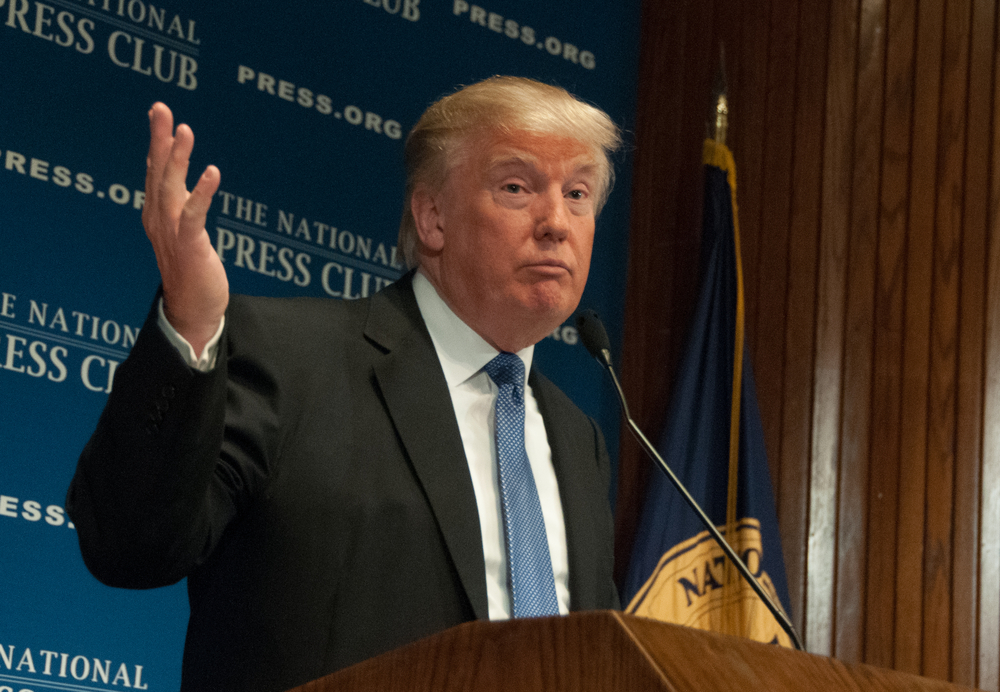

When I first began reporting on how the internet and the political process interacted, first for my column in those days and then for my book on the topic, I found that there were a few constants.
Political organizations used the internet in those days just like businesses used it—to get the word out and for what passed for ecommerce in those days. They also used it to connect to their followers, to develop loyalty and to create a positive image again in much the same way as businesses.
But there was one distinct difference that went beyond the normal business use and that was to provide a path for unfiltered communications. In those days many in politics did not trust the news media to report their positions accurately, so they adopted a medium that allowed them to communicate with voters directly. That medium was the internet.
Read More: Who was Silicon Valley rooting for in Election 2016?
Democratic primary candidate Bernie Sanders, for example, raised millions of dollars through small donations submitted over the internet. But Sanders wasn’t the first. Democratic candidate Howard Dean also raised millions through internet donations during the 2004 presidential campaign.
During that time, social media became an important tool for business and for politicians as well, and for much the same reasons because it provided a way to interact directly. Business have found that social media is extremely important for customers service. Politicians have found social media important for everything from attracting an audience at rallies to testing support for their positions.
But with the election of 2016, the internet became the primary means of reaching an audience and building support. This was especially the case for the successful campaign of Republican candidate and now president-elect Donald Trump who used Twitter as his digital medium of choice during the campaign.
Trump, already famous because of his reality television presence, found that he could build his audience through brief statements of position in messages of 140 characters or fewer.
Trump found that the internet worked most effectively when used to state positions in simple terms, without explanation. Those statements were frequently outrageous, usually controversial and attention-getting.
As a result they were widely shared which in turn developed more followers. Trump effectively leveraged the limitations of Twitter into a benefit for him, because it became easy for everyone—including the dreaded media—to share his statements and positions.
Originally published on eWeek
Page: 1 2
American space agency prepares for testing of Boeing's Starliner, to ensure it has two space…
As UK and Europe develop closer military ties, European Commission says it will invest €1.3…
Zuckerberg seeks to revive Facebook's original spirit, as Meta launches Facebook Friends tab, so users…
Notable development for Meta, after appeal against 2021 WhatsApp privacy fine is backed by advisor…
First sign of shake-up under new CEO Lip-Bu Tan? Three Intel board members confirm they…
Trump's nominee for SEC Chairman, Paul Atkins, has pledged a “rational, coherent, and principled approach”…